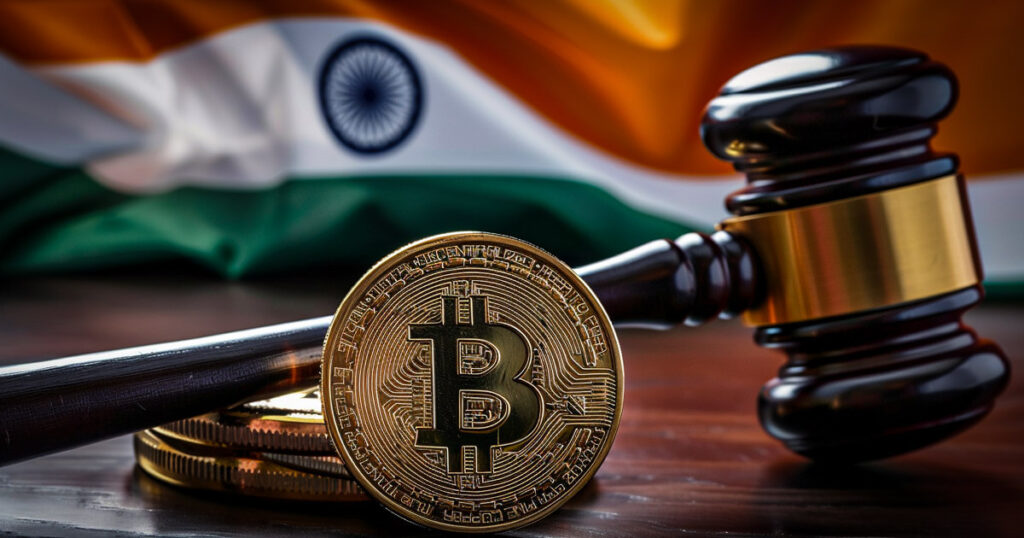India is currently reevaluating its position on cryptocurrencies, indicating a potential shift in policy as global attitudes towards digital assets evolve. This comes in light of recent developments, particularly in the United States, where there has been a push for pro-crypto policies, leading to increased expectations for the adoption of financial products linked to digital assets.
Ajay Seth, India’s Economic Affairs Secretary, has acknowledged the changing stance of several jurisdictions on crypto, prompting the Indian government to review its regulatory approach. This signals a willingness to explore more flexible policies that could facilitate growth in the sector.
Industry leaders see this policy reassessment as a positive step forward. Sumit Gupta, co-founder of CoinDCX, highlighted India’s leading position in grassroots crypto adoption and the potential economic impact of Web3 technology in the country. He emphasized the importance of regulating the sector, implementing friendlier policies, and releasing a discussion paper to drive innovation in India.
However, despite the government’s reconsideration of its broader stance on crypto, India’s Budget 2025 has introduced stricter tax regulations on digital assets. Cryptocurrencies are now classified as virtual digital assets and will be subject to higher tax rates if gains are not disclosed as income. The new tax policy includes a 70% penalty on undeclared crypto profits, retroactively applied for the past four years.
Starting from February 2025, businesses engaged in crypto transactions are required to report all activities to tax authorities, with a deadline for compliance by April 2026. The regulations mandate detailed disclosures of transaction participants, asset types, and trade values, aiming to increase transparency and compliance within the sector.
Critics of the new tax rules warn that the stringent policies could drive crypto traders towards unregulated markets or offshore platforms, posing challenges for regulatory oversight. Sumit Gupta, CEO of CoinDCX, expressed concerns over the tax framework, suggesting that a lower TDS rate and the ability to offset trading losses would have been more conducive to compliance and government revenue generation.
Gupta emphasized the importance of India embracing AI, Web3, and blockchain technologies to keep pace with the rapidly evolving global economy. He urged for policies that foster innovation rather than stifle it, cautioning that India risks falling behind without a balanced regulatory approach.
In conclusion, India’s potential shift in crypto policy reflects a broader trend towards greater acceptance of digital assets globally. As the country navigates these changes, finding a balance between regulatory oversight and fostering innovation will be crucial in positioning India at the forefront of the digital revolution.

